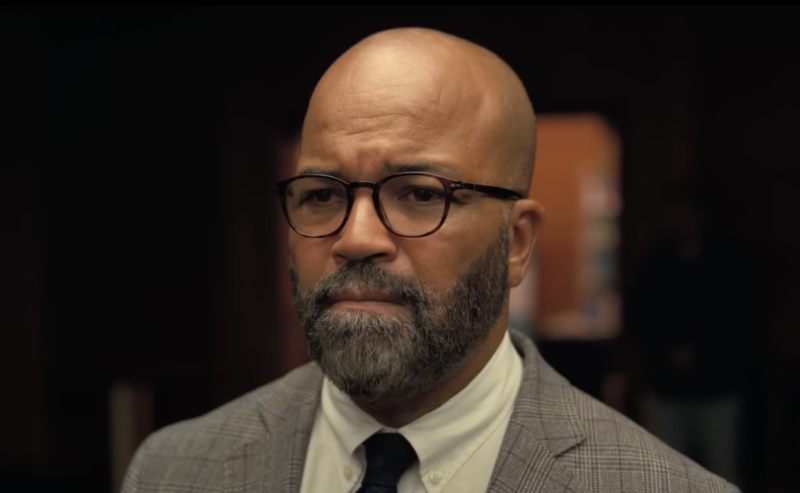There are two distinctly different stories scuffing up against one another in American Fiction. One concerns a professionally successful but personally messy family navigating a series of hardships. The other is about what happens when an intellectual writer allows his frustration with the world to compromise his artistic vision.
Based on Percival Everett’s 2011 novel Erasure, American Fiction, written and directed by Cord Jefferson, revolves around author Thelonious “Monk” Ellison (played engagingly by Jeffrey Wright). When we first find him, Monk is tired of seeing his novels sidelined into the African American Studies section of the bookstore, while works that reinforce racist stereotypes are welcomed into central displays. His frustration is compounded when he is forced to take a leave of absence from his university job for being too unfiltered and ornery.

 ‘American Fiction’ opens nationwide on Dec. 22, 2023.
‘American Fiction’ opens nationwide on Dec. 22, 2023.
